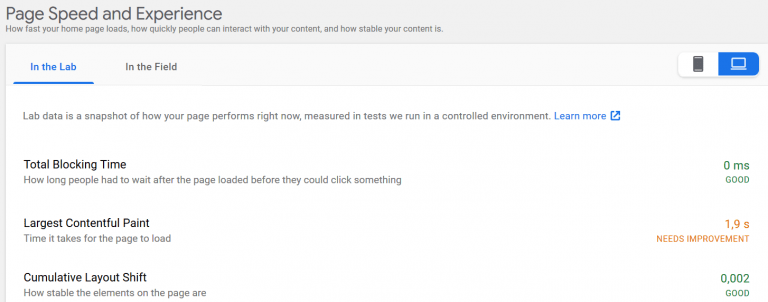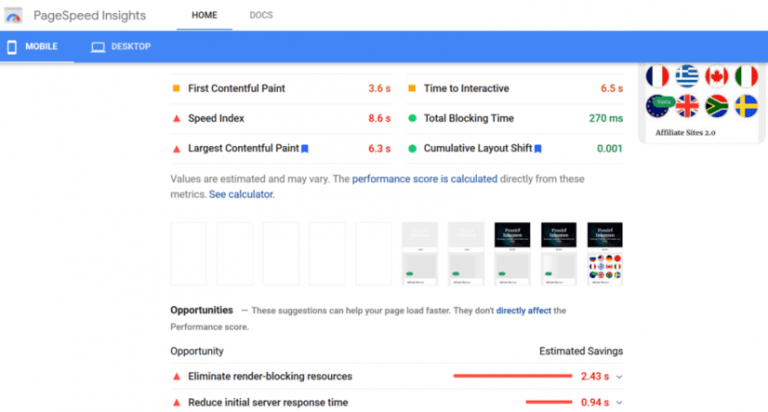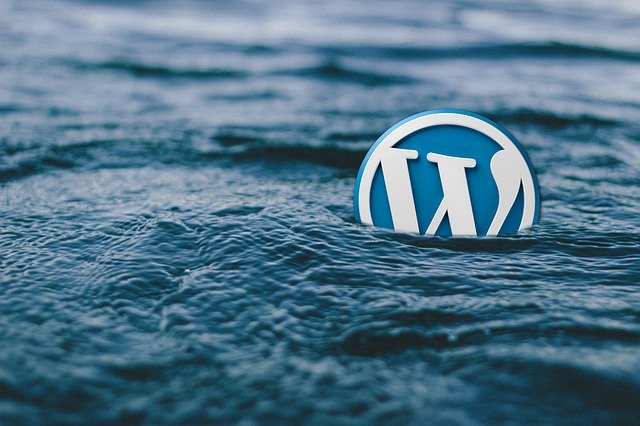WordPress sneller maken
Laatste update: 27 maart 2022
Een snelle en efficiënte website is noodzakelijk om je SEO te optimaliseren.
Als je veel verkeer naar je blog wil halen, zal je moeite moeten steken in je website van WordPress sneller maken.
Een trage website zorgt immers voor een slechte bezoekerservaring, lagere ranking in de zoekmachines, en uiteindelijk minder inkomsten.
Waarom gaat een WordPress website nu traag laden? Dat kan een heleboel oorzaken hebben, waaronder problemen met plug-ins, slechte code, te grote afbeeldingen, enzovoort.
De eerste stap om WordPress sneller te maken is identificeren wat precies het probleem is.
Je kan hiervoor allerlei dure software kopen, maar dat is helemaal niet nodig. Er zijn ook gratis oplossingen, zoals Pingdom, WebPageTest en, mijn favoriet, Google PageSpeed.
Als je mijn artikel over Google Site Kit hebt gelezen, doet dat misschien een belletje rinkelen.
Deze plug-in geeft je immers eenvoudig toegang tot PageSpeed, en ik kan je dus ten sterkste aanraden om Site Kite te installeren.

Eens je die plugin hebt geïnstalleerd, krijg je een overzicht van hoe snel je website laadt, en kan je doorgaan naar de website van PageSpeed zelf.
Hier kan je zien wat er allemaal je website vertraagt:

Een aantal van de meest voorkomende problemen:
Onnodige en slecht gecodeerde plug-ins
Slechte plug-ins zijn wellicht de grootste reden dat je WordPress website sneller gemaakt moet worden.
Je kan, ironisch genoeg, plug-ins downloaden die je tonen welke van je plug-ins problemen veroorzaken, zoals P3Profiler.
Database
Een volle database zal je website uiteraard ook trager maken.
Je moet deze regelmatig leegmaken, want hier staan allerlei zaken zoals spam commentaar, revisies van je posts, oude plug-in tafels, enzovoort.
Je kan hiervoor de plug-in WP Cleanup gebruiken, of WP-Optimize.
Afbeeldingen
Elke afbeelding op je pagina moet worden geladen telkens iemand die pagina opent.
Als je dus veel en grote afbeeldingen hebt, zal dat je website enorm vertragen.
Zorg ervoor dat je je afbeeldingen zowel in de juiste bestandstypes als zo gecompresseerd mogelijk zet.
Persoonlijk gebruik ik hiervoor WP-Optimize.
Je kan ook voor “lazy loading” gaan, wat betekent dat alleen de afbeeldingen die zichtbaar zijn worden geladen, en pas als de lezer verder scrolt, worden er nieuwe afbeeldingen geladen.
Caching en minimizing
Caching is zeer belangrijk, het zorgt ervoor dat dynamische bestanden worden omgezet in statische HTML bestanden, wat je WordPress website veel sneller kan maken.
Minimizing komt neer op de code van je website te minimaliseren, en dat kan de grootte van je pagina met 70% verminderen.
Je kan hiervoor opnieuw plug-ins gebruiken, zoals W3 Total Cache of WP Optimize.
Die laatste kan je ook gebruiken voor een aantal van de bovenstaande problemen.
Samenvatting WordPress sneller maken
Als je een blog hebt, zal je je sowieso moeten bezighouden met allerlei aspecten van SEO.
Een belangrijk onderdeel hiervan is je WordPress site sneller maken.
Dat kan je doen door eerst en vooral te weten te komen wat de problemen precies zijn.
De meest voorkomende probemen hebben te maken met slechte plug-ins, de database, afbeeldingen, cache en minimizing. Je kan de meeste problemen oplossen met handige plug-ins.
Indien je zelf wil beginnen met een blog, kan je mijn artikel Bloggen voor Beginners lezers, of meteen een website en hosting aankopen via BlueHost!



